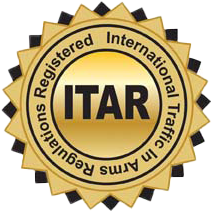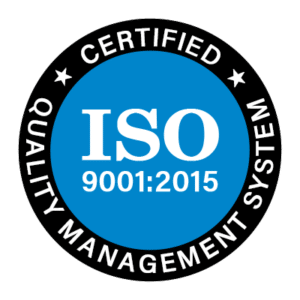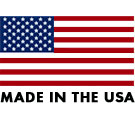
Understanding Prop 65 and Its Impacts on the Silicone Industry
Proposition 65, officially known as the Safe Drinking Water and Toxic Enforcement Act of 1986, is a regulation in California that has been influential far beyond its origins. Aimed at reducing or eliminating exposures to chemicals known to cause cancer, birth defects, or other reproductive harm, Prop 65 has had significant impacts on various industries, including the silicone industry. Here’s a breakdown of what Prop 65 entails and its potential impacts on this particular sector.
What is Proposition 65?
Proposition 65 requires businesses to provide warnings to Californians about significant exposures to chemicals that cause cancer, birth defects, or other reproductive harm. These chemicals can be in the products they purchase, in their homes or workplaces, or that are released into the environment. By requiring that this information be provided, Prop 65 enables Californians to make informed decisions about their exposures to these chemicals. (https://oehha.ca.gov/proposition-65)
Key Requirements of Prop 65
Warning Labels: Any product sold in California that contains any listed substance above certain thresholds must have a clear and reasonable warning label indicating the presence of harmful chemicals.
Chemical List: The state maintains and updates a list of chemicals known to the state to cause cancer or reproductive toxicity. As of now, the list contains over 800 chemicals since it is regularly updated.
No Discharge Obligation: Businesses are prohibited from knowingly discharging significant amounts of listed chemicals into sources of drinking water.
Impacts on the Silicone Industry
Silicone is extensively used in various products, including cookware, medical devices, sealants, and personal care products. Here are the potential impacts of Prop 65 on the silicone industry:
- Reformulation of Products: If silicone products contain any chemicals listed under Prop 65, manufacturers might need to reformulate their products to either remove these substances or reduce their concentration to below the required threshold. This can involve significant research and development costs and operational changes.
- Supply Chain Scrutiny: Manufacturers and suppliers will need to enhance scrutiny of their supply chains to ensure that all components of their silicone products comply with Prop 65. This could mean stricter compliance requirements and testing protocols for suppliers.
- Increased Costs: Compliance with Prop 65 can result in increased costs for businesses. These include costs associated with reformulating products, testing ingredients and final products, and managing supply chains more rigorously. These costs are often passed on to consumers in the form of higher prices.
- Legal and Financial Risks: Companies that fail to comply with Prop 65 warnings can face substantial fines and penalties. Moreover, Prop 65 allows for citizen lawsuits, where individuals can sue on behalf of the public to enforce compliance. This opens up companies to potential legal battles and associated financial risks.
- Product Labelling and Consumer Perception: The requirement to label products that contain harmful chemicals can affect consumer perceptions and potentially reduce sales of those products. Manufacturers must balance the clarity and visibility of warning labels with maintaining a positive brand image.
Looking Forward
As environmental and health regulations continue to evolve, the silicone industry, like many others, must remain agile and proactive in its compliance strategies. The ongoing updates to the chemical list mean that businesses must continuously monitor changes and adapt their practices accordingly. Despite the challenges, this also presents an opportunity for innovation in developing safer and more sustainable silicone-based products.
Prop 65 is a reminder of the importance of regulatory compliance and environmental stewardship in the modern business landscape. For companies in the silicone industry, understanding and adapting to these regulations is not just about legal compliance but also about committing to safer products and a healthier world.








